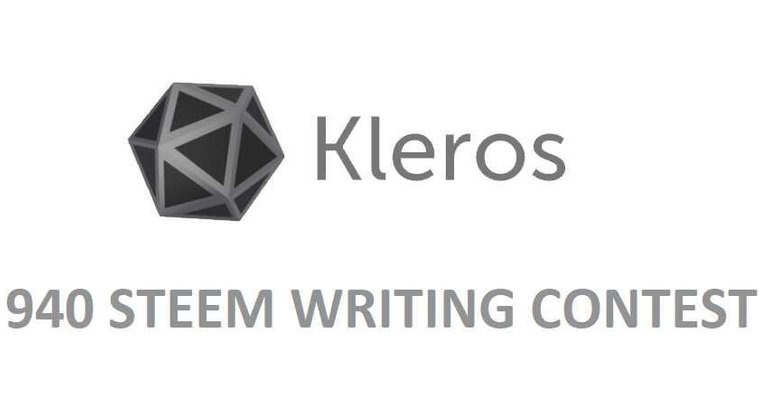
Kleros
is an optional dispute resolution platform. Clerics are a network of judges who specialize in various categories available to resolve disputes. Through the use of smart contracts, Kleros can deposit the funds in question until the selected jury issues a resolution.
Awards are expensive and time consuming. With Kleros
, both parties can be protected if the contract is violated
Kleros
is a decentralized application built on Ethereum that functions as a decentralized third party to mediate disputes in each type of contract, from the very simple to the very complicated. It relies on game theory incentives to have jury rule cases correctly. The resulllt is a dispute resolution system that makes final assessments in a fast, inexpensive, reliable and decentralized manner.

The Kleros guarantees the private sale of the main investors, choosing to proceed directly to public sales where everyone has the same opportunity to obtain tokens. Buyers are free to send bids for tokens, but maintain the option to voluntarily withdraw their offers if the 'maximum limit' of sales is too high. And through their system, a new round of financing will be scheduled when we complete the milestone. served on the clerical website.

The clerics will provide arbitration of disputes, allowing claims to be resolved in a clear, fair and transparent manner.
Kleros has a built-in defense series against the first failure case. Especially, our appeals system makes it difficult for such deviations to survive.

Work?

Freelancing websites often have poor resolution protocols that lead to unfair judgments by individuals who do not qualify. In some cases, there is no resolution protocol at all, leaving one party with a total loss.
Users can choose to delegate their votes in several subgroups but not others. Note that delegates do not need to be human. They can be smart contracts that apply complex voting rules, for example giving votes to renew costs based on market data.
Setting policy policies are guidelines on how arbitration disputes. They are equivalent to the law in the traditional justice system. They determine which party must win the dispute when certain conditions are met. They can be specific to certain sub-spaces.
Satoshi Nakamoto taught us that a number of anonymous computers that do not trust each of them can still reach consensus, provided the incentives are properly structured. Clerics extend this principle to human decision making. Some anonymous judges who do not trust each other can reach consensus about the right decision, provided that the incentives are properly arranged. For more information about the incentive system, read our white paper.
Pinakion supply is set at 1,000,000,000 units.
Pinakion is an important element of the system because it provides incentives for Kleros to produce the right decisions. Hopes of winning or losing tokens give users an incentive to apply in sub-courts where they really have experience, to analyze evidence carefully and to vote honestly.
After a user activates it to pull them in a subregion, the token is frozen until the end of the court session. If the jury has chosen incoherently with the majority, it will lose part of the chip. If the jury has chosen consistently with the majority, he will win several tokens (this token will disappear when the jury has chosen it unclear). But the number of pinacions remains the same. They are not destroyed.
For more information, watch this short feature intro:
Other Information & Resources:


https://steemit.com/crypto/@originalworks/940-steem-sponsored-writing-contest-kleros